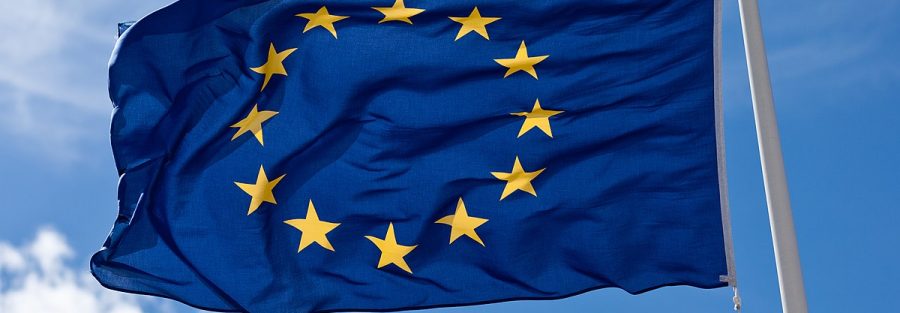By Shenoll Muharremi
The new EU High Representative for Foreign Affairs and Security Policy, Estonian Kaja Kallas, is just 47 years old but already has strong stances and extensive political experience. Her anti-Russian position is arguably one of her defining traits in foreign policy.
Her mother, Kristi Kallas, was only six months old when the Soviet Union—now Russia—deported her and her family to Siberia, where they spent years in exile. These events and family tragedies are deeply ingrained in Kallas’s life and political experience, shaping her unwavering beliefs in sovereignty, democracy, and the freedom of nations and states.
Kaja Kallas is among Europe’s most vocal politicians against Russian aggression in Ukraine. She has been a steadfast advocate for a strong and united European response to Russia’s actions. Kallas has urged Western allies to provide military, financial, and humanitarian aid, asserting that the conflict extends beyond Ukraine, affecting Europe’s overall security architecture.
Her most recent position was as Prime Minister of Estonia, where her government not only sent military equipment to Ukraine but also adhered to NATO’s requirement of spending over 2{4244ab6a3a89bb8fe59558b0ee665ff975338f4bc2bd96a43c607d8c35012df5} of GDP on defense. She has also been a leading proponent of reducing dependence on Russian energy and diversifying energy sources. Kallas has openly criticized leaders who maintain close ties or collaborate with Russia.
In addition to serving as Estonia’s first female Prime Minister, she was a Member of the European Parliament (2014-2018). Kallas began her political career in 2011 by joining the Estonian Reform Party and securing a parliamentary seat. During her tenure, she chaired the Economic Affairs Committee.
Beyond her focus on foreign policy and her advocacy for Ukraine, Kallas is also renowned for her digital reforms and support for innovation. Today, she is meeting with Kosovo’s Prime Minister and Serbia’s President. She is expected to play a significant and active role in the Kosovo-Serbia dialogue and likely to revise the positions and methodologies employed by Brussels in recent years.
Kallas’s leadership represents a firm stance on sovereignty and security in Europe, positioning her as a key figure in addressing the continent’s most pressing challenges.



